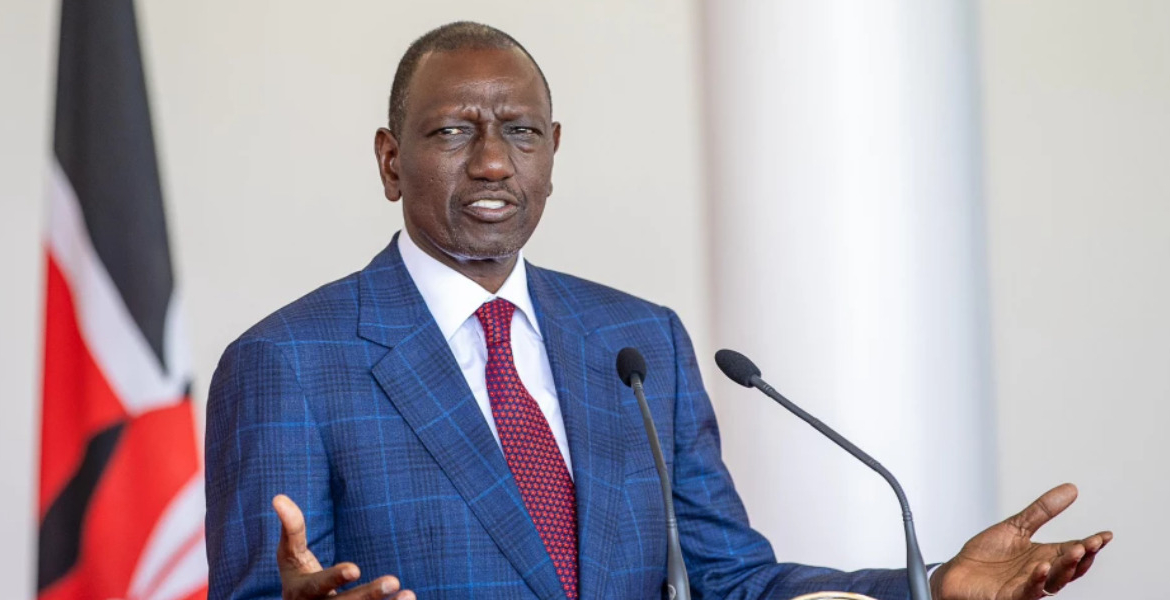
President William Ruto
President William Ruto's administration is approaching its midterm under increasing pressure to demonstrate tangible policy successes, despite narrowly avoiding a sovereign default.
As the 2027 elections draw nearer, scrutiny intensifies over the administration's focus, with critics suggesting that political manoeuvring is overshadowing substantive governance. Recent months have seen significant political activity, including reconciliation efforts with opposition leader Raila Odinga, the impeachment of the Deputy President, and a series of cabinet reshuffles. These actions have fueled concerns that the primary goal is consolidating political alliances rather than implementing effective policies that address the needs of the Kenyan populace.
The perception of prioritizing political gains over policy outcomes threatens to diminish incentives for incumbents to focus on delivering real improvements. The administration's approach has been criticized for lacking clear direction and for being susceptible to the influence of vested interests, potentially undermining long-term policy objectives. Analysts suggest that President Ruto still has an opportunity to shape a positive legacy. A strategic pivot towards prioritizing key sectors such as education, agriculture, and health, coupled with meaningful reforms, could redefine the administration's narrative.
Experts propose a comprehensive reassessment of current strategies, particularly the CBC education reforms and the new healthcare system, to address shortcomings. Meanwhile, Wiper Party leader Kalonzo Musyoka is urging Ruto and Raila Odinga to include the opposition in the upcoming reorganization of the Independent Electoral and Boundaries Commission (IEBC). In a letter released on Friday, March 28th, Musyoka emphasized the need for balanced discussions and consultations to ensure public trust in the electoral body.
Musyoka argues that with the United Democratic Alliance (UDA) and the Orange Democratic Movement (ODM) now seemingly aligned, the involvement of other opposition voices is crucial for maintaining checks and balances, good governance, and sound public policy. He warns that excluding the opposition from this process risks repeating past mistakes, potentially leading to disputed elections and the kind of post-election violence that marred the 2007/08 period.
Musyoka stresses the importance of learning from past experiences and prioritizing actions that guarantee free, fair, verifiable, and credible elections. He references the Inter-parliamentary Political Group's best practices established in 1997, which contributed to the perceived credibility of the 2002 elections, as a valuable precedent.
